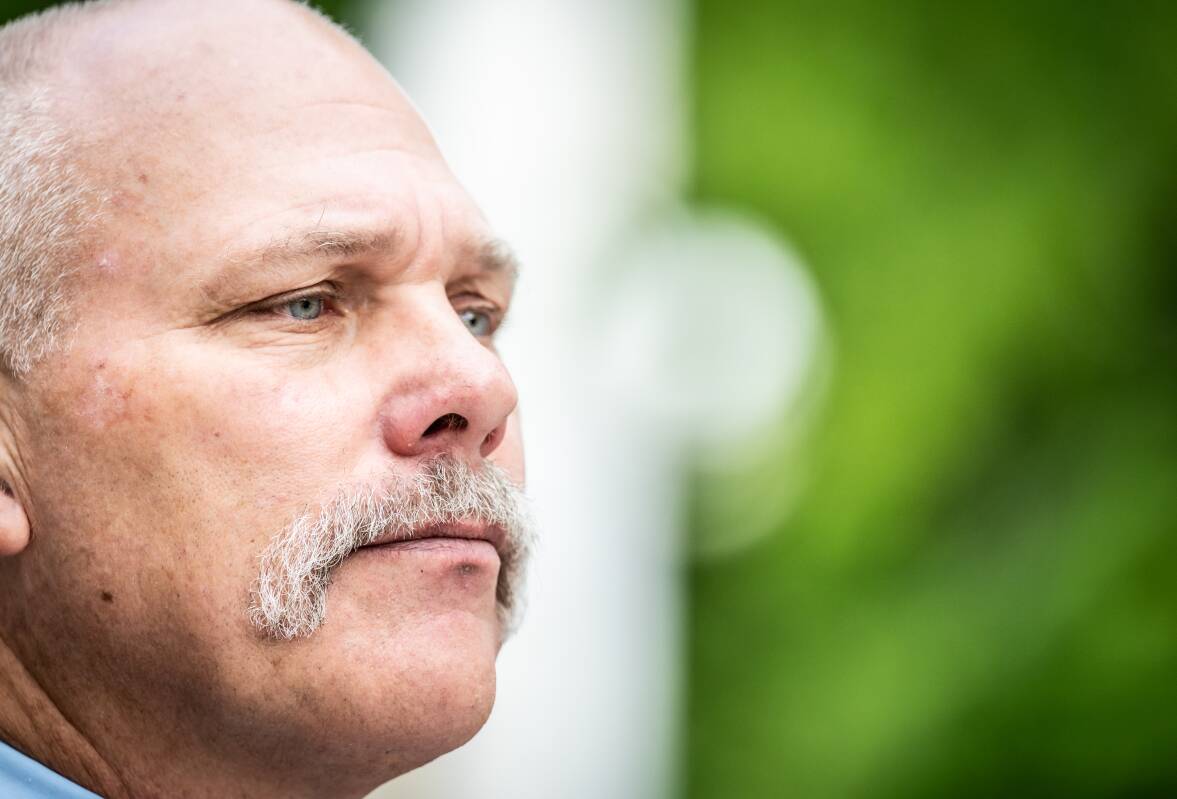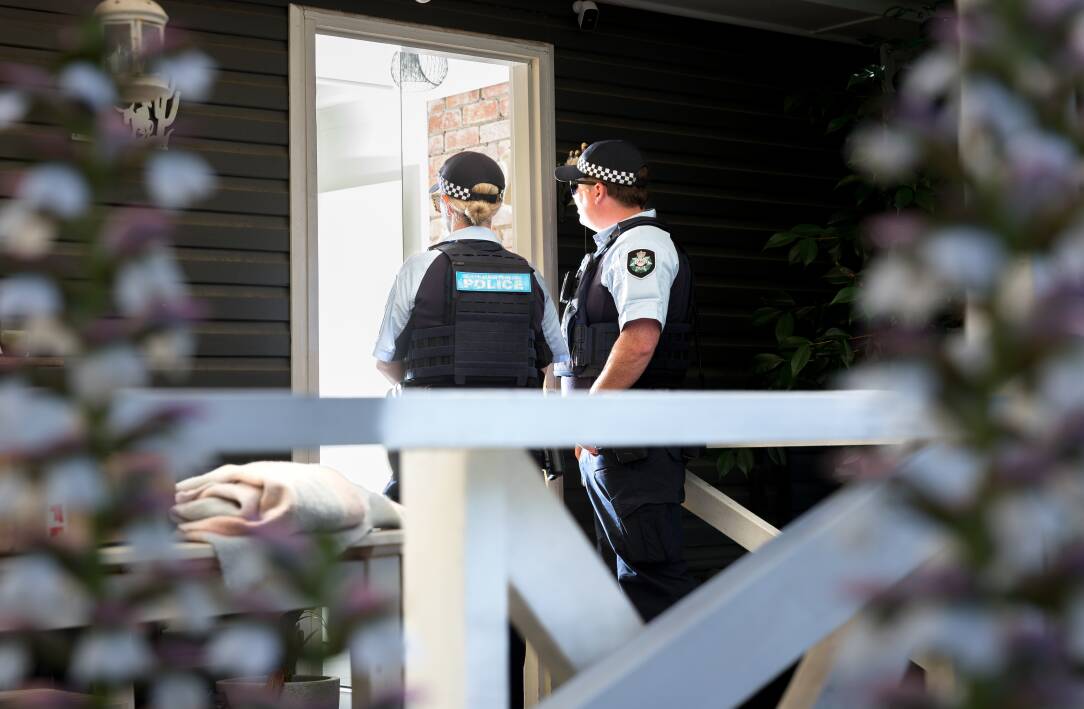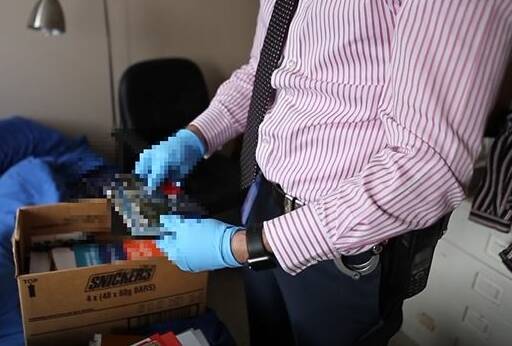The former head of ACT police fears that finding sworn officers to volunteer to work in the sexual assault and child abuse team (SACAT) will become far harder as even greater scrutiny bears down on them over outcomes of previous investigations.
Former top cop Neil Gaughan said that all SACAT investigations dating back to January 1, 2015 had been scrutinised as a result of the board of inquiry recommendations which flowed from the Take Action to Prevent, Believe and Heal report produced by former Human Services chief Renee Leon.
The Leon report made 24 recommendations. The ACT government agreed to 13, agreed in principle to a further nine, and noted one other.
The ACT government now has the SACAT review - spanning thousands of cases - and has developed a response to what are understood to be robust and adverse findings critical of the team's structure and procedures.
Former SACAT officers are alarmed over the implications and managing this potentially volatile situation is an early test for newly appointed Chief Police Officer Scott Lee.

Deputy Commissioner Gaughan's concern was now whether any experienced investigators - because experience is vital for the role - would want to serve in such a difficult environment in which officers face ever-increasing scrutiny, as evidenced by fallout from the high-profile Bruce Lehrmann and Brittany Higgins proceedings.

One of the most senior police involved in that case, Detective Inspector Marcus Boorman, who led the team which hunted down the offenders responsible for Glenn Walewicz's 2021 doorway shooting death in Phillip, has stepped away from operational duty in the ACT.
"Some of my officers and a number of other people that went through the inquiry have suffered significant stress and indeed psychological damage," he told an ACT forensics conference in March.
"At least one of my officers won't return to work and reputations have been irreversibly damaged.
"The men and women in SACAT felt under significant pressure during this period and in their mind, undeserved scrutiny."
Investigators have to volunteer for this role and must all undertake tough psychiatric testing. Some of the material presented to them for investigation - and the young lives so cruelly treated - is horrific and depressing in its human detail.

"The work that team does is some of the most challenging in all of policing," Neil Gaughan, a 40-year veteran of the force told the ACT Chapter of the Australian Academy of Forensic Sciences just before he retired.
"I know because I have done it myself."
The knock-on effects of the Bruce Lehrmann case, in legal, policing and policy environments, are yet to be fully understood.
The initial "threshold for prosecution" on sexual assault charges against Lehrmann had not been reached by ACT police after the alleged offender consistently denied the allegation of raping Ms Higgins.
Nonetheless he faced trial in the ACT Supreme Court, only for those proceedings to be aborted due to juror misconduct.
A subsequent inquiry, led by Walter Sofronoff QC, then made many damaging allegations over the police investigation until the credibility of those findings in turn, were publicly denuded after it was revealed Mr Sofronoff carried out a secretive 273-event email, text and phone call exchange and leakage of proceedings and information to a News Corp journalist.
"The financial cost of the inquiry for the ACT government alone as of November 27, 2023 [was] $2.8 million dollars - this doesn't take into consideration events that have occurred this month," the former police chief said.
"Other parties also had significant costs - financial and otherwise."
But then, even after Gaughan departed as the ACT's top cop, the Lehrmann case had yet another bizarre twist.

When Lehrmann sought compensation for what he thought was defamation by the media over the sex assault incident, a civil court declared him likely guilty of the original sex assault offence "on the balance of probabilities".
The federal police, whose rank-and-file officers are now engaged in a modest industrial action due to a cap on their proposed wage increases, already is under siege from other state and territory jurisdictions seeking to actively poach sworn officers to bolster their ranks.
The federal police and the ACT need to attract quality recruits into policing. But exposing its police - who are essentially Commonwealth contractors who are entitled to apply for postings all over the country - to the territory's intense legal and political scrutiny and criticism is certain to have major knock-on effects on future recruiting efforts.
Battle lines have been drawn interstate with major incentives announced of up to $20,000 in relocation bonuses for officers to move from NSW or the ACT to Queensland.
Recruit applicants can also have up to $20,000 of their HECs debt paid by the Queensland Police Service on select tertiary degrees such as psychology, criminology and social work, a bonus $183 "cost of living allowance" has been added to the wage of police recruits and accommodation costs at police academies have been waived.







